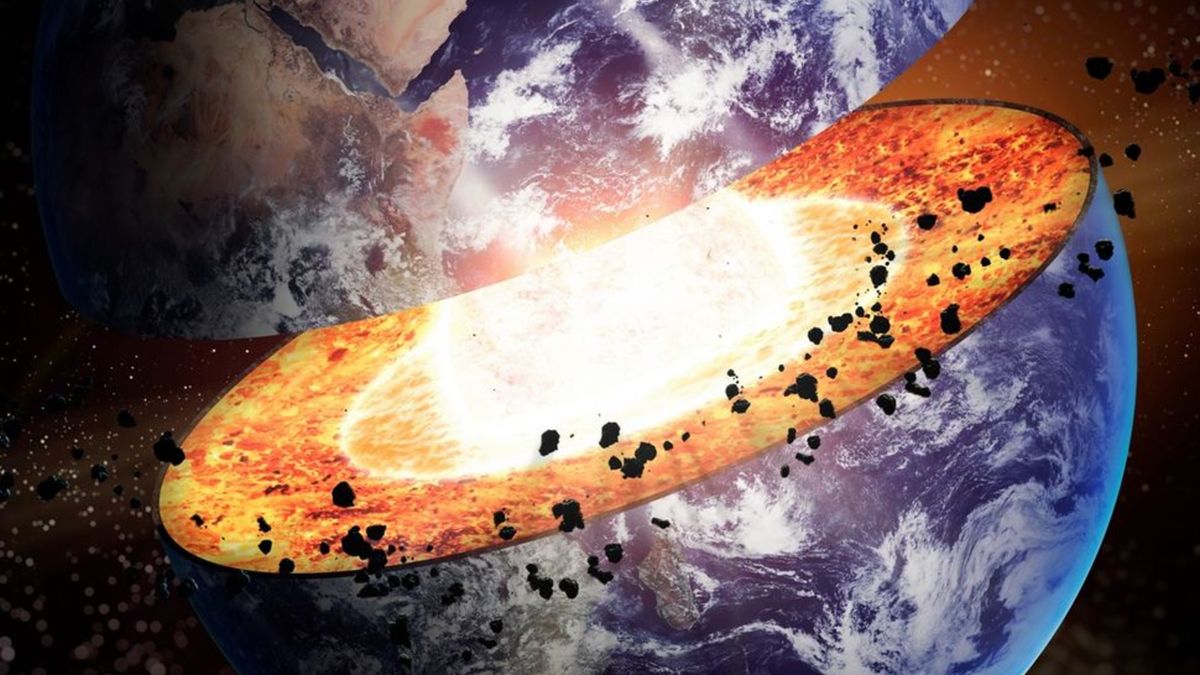The overwhelming majority of New York State residents back a law to ban mask-wearing in public during protests to help uncover hate and criminality, a new survey finds.
A staggering 75% of voters support a mask ban — with support across all demographics, according to the poll, conducted by Mercury Public Affairs for the civil rights coalition #UnMaskHateNY.
More than two-thirds of 800 respondents queried — 68% — said although protecting free speech rights during protests is important, it must be balanced with public safety and does not extend to someone terrorizing others by engaging in hateful or harassing behavior.
Only 23% of the 800 respondents said they believe people should have the ability to wear anything they choose regardless of their behavior, according to the survey.
About 60% of voters believe that hate and harassment based upon a person’s race, ethnicity or religious affiliation is worse now than it has been in a long time, while only 12% claim it’s better than before, the poll found.
But an eye-popping 74% of Jewish voters surveyed said discrimination and harassment is worse, as did two-thirds of elderly voters over the age of 65.
Meanwhile, 55% of voters stated they feel less safe, including 58% of elderly elderly voters and 60% of women.
Additionally, 50% of voters polled said they are concerned that they may be a victim of targeted harassment or a hate crime.
But the number skyrockets among minorities — 67% of black voters, 68% of Asian voters, and
76% of Jewish voters are concerned about being singled out for discrimination.
Numerous reports and studies have shown that antisemitism against Jewish New Yorkers and Americans has exploded following the Oct. 7, 2023 Hamas’ attacks on Israel. Anti-Israel protests became commonplace in reaction to the ongoing war in Gaza since the attacks.
Members of the #UnMaskHateNY coalition said it’s for state lawmakers to act and approve a mask ban similar to a longstanding ban they say helped expose the Ku Klux Klan after the group terrorized black Americans in the 1900s.
New York’s previous ban on face coverings was repealed during the COVID-19 pandemic, when masks were considered essential in curbing the spread of the deadly disease during the peak of the outbreak.
A proposed new law would come with medical and religious exemptions that would allow people to wear masks.
Long Island’s Republican-run Nassau County approved a local last August, and the measure has so far withstood scrutiny of the courts.
“I am a son of the Jim Crow South and remember a time when those who wore masks did so to avoid accountability while terrorizing families like my own,” said Marc Morial, president and CEO of the National Urban League and former Mayor of New Orleans.
“There is no denying a link between anonymity and abuse, and we can never let that portion of our history return again into the present day,” he said.
Eric Goldstein, CEO of the UJA Federation of New York, said his group supports regulating mask wearing “as a critical step in advancing safety for all.
“These survey results reflect a state united against hate and a shared commitment to fostering safety and accountability in our public spaces,” Goldstein said.
Penalties for those who flout the measure and intentionally wear masks during hate-filled protests, acts of vandalism and other crimes would range from a violation to aggravated harassment, a Class A misdemeanor that could result in one year befhind bar’s, said one of the bill’s sponsors, Assemblyman Jeff Dinowitz (D-Bronx).
Meanwhile, the NY Civil LIberties Union on Monday announced a coalition opposing a mask ban.
“New Yorkers across the board are saying loudly and clearly that mask bans have no place in our state,” said Allie Bohm, senior policy counsel at the NYCLU.
“Criminalizing masks puts New Yorkers’ health and safety at risk, opens the floodgates for selective and racially-biased enforcement, threatens to exile some people with disabilities and those who care for them from society, and undermines protections for people engaging in political protest.”
The survey was conducted by Mercury Public Affairs from Dec. 16-20, 2024, among 800 active voters. The sampling includes cellphones and landlines.
The margin of error is plus or minus 3.46 percentage points.















